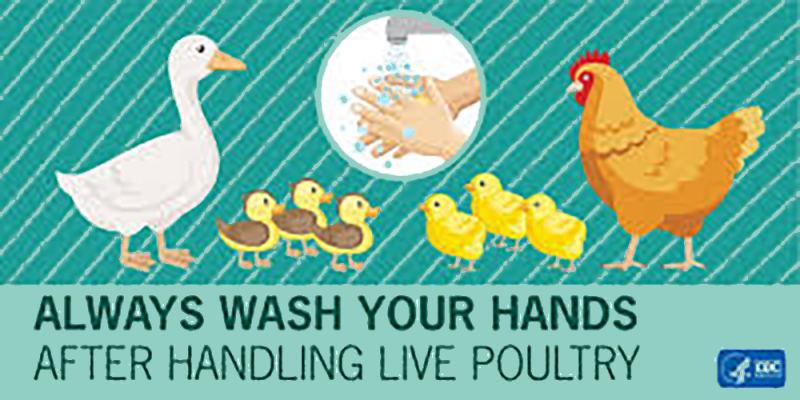
At the end of 2019, Gardiner residents blithely walked into supermarkets and bought, for the most part, what they came for. Then Covid-19 hit and things changed. There were shortages of paper products, eggs, butter, bread, and other things, and we were told to stay home.
Nationally, reactions ran the gamut from heroism to hoarding to looting and back, but for some reason, in Gardiner, many residents responded with a more sustainable solution: backyard poultry.
There are many upsides to raising poultry. First, baby chickens, ducks, geese, guinea fowl, and turkeys are adorable, soft, and fluffy, and eventually they give fresh eggs. A small flock can keep a family in daily eggs with leftovers for sale or gifting.
But there are definite downsides that were never considered. After our third bird funeral, I stopped crying every time I lost one. Over the years eagles, hawks, foxes, fisher cats, and most recently, bears, have feasted on my birds to (I imagine) their great satisfaction.
Also, poultry can sometimes carry harmful germs that make people sick. These germs can cause a variety of illnesses in people, ranging from minor skin infections to serious illnesses that may cause death. Just what we needed, yet another reason to wash our hands, right? Well, one of the best ways to protect yourself from getting sick from backyard poultry is to wash your hands thoroughly right after touching them, or anything to do with where they live and roam.
Aside from hand washing, the Center for Disease Control (CDC) has guidelines to prevent poultry-related infection. Some of these may be challenging:
- Don’t kiss poultry or snuggle them and then touch your face or mouth. (This one is easy as I’ve never had a bird willing to kiss me, but it may be a hardship for those with affectionate birds.)
- Don’t let poultry inside the house, especially in areas where food or drinks are prepared, served, or stored. (Only dead chickens allowed in the kitchen, and definitely no geese in the bed—there’s only room for the dogs.)
- Don’t eat or drink in areas where poultry live or roam. (Coop-side soirees, even socially-distant ones, are out.)
- Set aside a pair of shoes to wear while taking care of poultry and keep those shoes outside of the house. (Alert to Gardiner inventors: I googled “outdoor shoe garage” and came up empty.)
- Stay outdoors when cleaning any equipment or materials used to raise or care for poultry. (May be a challenge during our winter, but OK.)
The CDC also has some recommended tips for collecting and handling eggs, because eggshells may become contaminated with Salmonella and other germs from poultry droppings or from the area where they are laid. These guidelines may be easier to follow:
- Keep a clean coop. The cleaner the coop, the cleaner the eggs.
- Collect eggs often. The longer they sit, the dirtier they get. Throw away cracked eggs; bacteria on the shell can more easily enter a cracked shell.
- Don’t wash warm, fresh eggs in water that is even 10 degrees colder than the temperature of the egg. Doing so can pull bacteria into the egg. Eggs with dirt and debris can be cleaned carefully with fine sandpaper, a brush, or a cloth.
- Refrigerate eggs after collection to maintain freshness and slow bacterial growth.
- As with all raw animal products, it is safest to cook eggs to an internal temperature of 160°F (71°C) or hotter to kill potentially harmful organisms.
Increasing sustainability and implementing at least some of these tips may give backyard poultry raisers a welcome feeling of control in an increasingly dangerous world.
